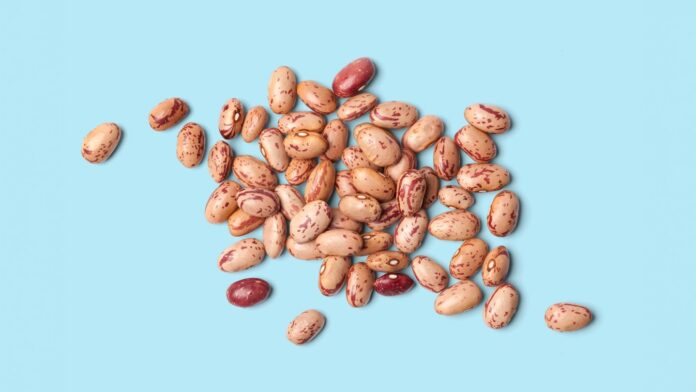Beans are nutritional powerhouses, packed with fiber, protein, and essential vitamins and minerals. However, they’re also notorious for causing gas. If you’re one of the many people who experience discomfort after enjoying a bean-based meal, here’s what you need to know about the types of beans most likely to cause gas, the science behind it, and practical strategies to reduce the issue.
Why Do Beans Cause Gas?
The connection between beans and flatulence boils down to their unique composition. Gas production is a natural consequence of digestion—specifically, the process where air is expelled from your intestines. While some gas is perfectly normal (experts at the Mayo Clinic note that passing gas up to 20 times a day is common), certain foods, including beans, are more likely to trigger increased gas production.
Two primary factors in beans contribute to this effect:
- Fiber: Beans are an excellent source of fiber, an indigestible carbohydrate abundant in plant-based foods. While beneficial for overall health, fiber passes through your digestive system largely intact.
- Raffinose: Beans also contain complex sugars, particularly raffinose, which are difficult for the human body to digest. Humans lack the enzyme alpha-galactosidase, required to break down raffinose in the small intestine. As a result, raffinose travels to the large intestine, where gut bacteria ferment it—a process that generates gas and potential discomfort. This sugar is also present in other frequently cited high-gas-producing foods, such as broccoli, cabbage, and Brussels sprouts.
The Gassy Bean Breakdown: Which Types to Watch Out For
While there isn’t a definitive ranking of bean gas production, research suggests some varieties are more prone to causing flatulence than others.
- Higher Gas Potential: Pinto beans and baked beans often top the list as potential gas culprits.
- Lower Gas Potential: Black-eyed peas tend to be among the least gassy varieties.
Mitigating Bean-Related Gas: Practical Prevention Strategies
Don’t let the possibility of gas deter you from enjoying the many health benefits of beans. They’re low in fat, rich in essential nutrients like fiber, iron, potassium, magnesium, and B vitamins (according to UCLA Health), and can even help reduce your risk of conditions like cancer, high blood pressure, and high cholesterol. Here are several methods you can try to minimize gas production:
- Rinse Canned Beans: Before cooking, thoroughly rinse canned beans to remove some of the starches that contribute to gas.
- Cook Until Very Soft: Extending cooking time helps break down the complex carbohydrates.
- Soaking is Key: Soak beans in water either before or after boiling them to help eliminate some of the gas-producing carbs. MedlinePlus recommends an overnight soak in plenty of water.
- Gradual Introduction: If you’re new to eating beans, start with small portions and gradually increase your intake to allow your digestive system to adjust over a few weeks.
When to Consult a Doctor
While occasional gas is normal, frequent, painful gas that disrupts your daily life warrants a visit to your doctor. It could be a sign of an underlying digestive issue.
Beans offer incredible nutritional value, but understanding why they cause gas and employing practical prevention strategies can help you enjoy them comfortably




















